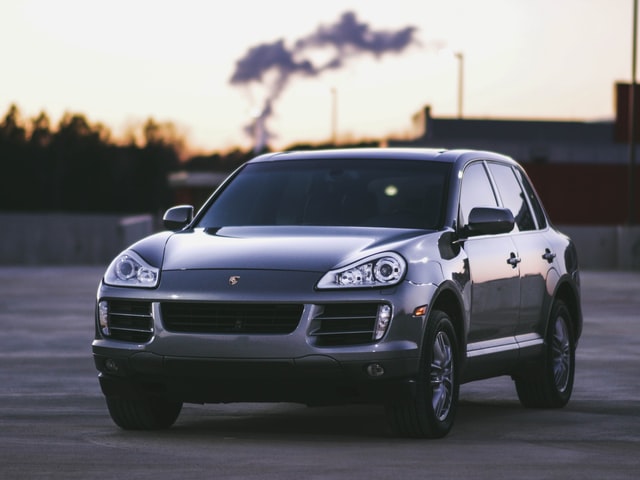Crossovers have become all the rage. Though the concept of a crossover is certainly not new, these vehicles have evolved over recent years to become even better at combining key attributes of cars and SUVs to give car buyers more of what they want: safety, space, flexibility, and driving confidence. But, if you’re thinking of upgrading to a crossover, there are a few things you need to take into consideration to understand whether crossovers are the right choice for you. Here, we tell you 5 things you need to check before you make your decision.
Fuel Costs
Depending on the model you’re considering, your operating costs could increase – sometimes substantially. If you’re upgrading from a hatchback or sedan, you’ll find that a crossover is typically heavier, bigger, and less aerodynamic. This means you’ll, of course, get more space, but you’ll likely end up paying for that at the gas station.
More Space
Are you thinking of buying a crossover solely because your sedan has started to feel a little cramped off late? In this case, you may want to first consider installing a cargo carrier on the roof. If you love your car but wish it had a little more space for cargo, spending a few dollars on a cargo carrier may make more sense than buying a new vehicle.
Towing Capacity
Make sure to check the towing capacity of the crossover you are considering. Some crossovers have lower towing capacities than you would expect, and many others have a lot more. All vehicles have differences, so if you’re buying a crossover just for its towing capacity, be sure you understand just how much the vehicle can actually tow.
AWD
Do you need AWD? Most people don’t. Remember that AWD is not really a necessity, but something that’s quite nice to have, especially if you drive in inclement weather conditions. But if you’ve been driving without it for years, switching to a crossover solely for an AWD may cost you quite a bit, without any significant added benefits.
Winter Tires
Many people assume they won’t need winter tires if they get a crossover with AWD. This is wrong. Regardless of whether you have AWD or not, you will still need winter tires if you drive in the snow and icy roads frequently.

